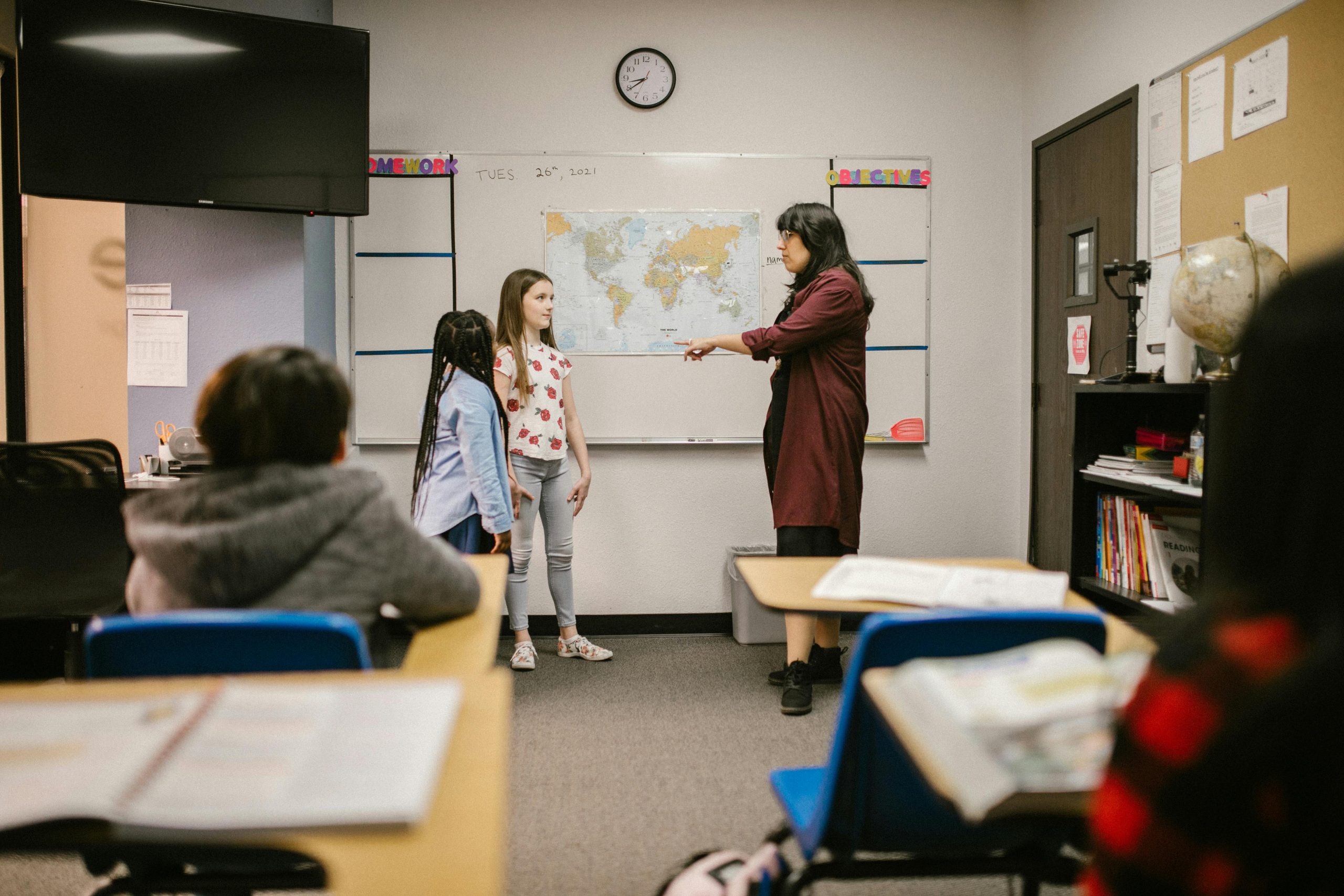The Role of School Counselors in Student Conflicts: Is Overreach Doing More Harm Than Good?
In recent years, there’s been an ongoing debate about the appropriateness of involving school counselors in resolving minor peer disputes among teenagers. While their role is undoubtedly vital in supporting students facing serious issues, overextending their involvement into typical adolescent disagreements can have unintended consequences.
Relying on adult intervention for every social disagreement can inadvertently teach teenagers that conflicts require authoritative fixes rather than fostering resilience and interpersonal problem-solving skills. Instead of learning to navigate disagreements or tolerate discomfort, students may become accustomed to escalating issues to school staff, often turning what could be normal adolescent friction into formal battles.
Often, attempts at mediated conflict resolution among teens devolve into theater, where the so-called “punishment” sessions resemble competitions to showcase victimhood rather than genuine attempts at resolution. Such dynamics can exacerbate tensions, leaving students feeling more upset or resentful after the intervention. Additionally, some students recognize that involving authority figures can be used strategically to target peers they dislike, transforming minor disagreements into power struggles.
This tendency for over-involvement also opens the door to manipulation. Students might leverage teachers and counselors as tools to influence social standings, effectively turning the adult support system into pawns in popularity contests.
It’s important to recognize that normal adolescent social challenges—such as not being included or falling out with a friend—are part of growing up. These moments are opportunities for learning resilience, conflict resolution, and emotional development. As long as no harassment or threats are involved, it’s often best to allow teenagers to work through their issues independently.
Encouraging students to develop their own coping strategies and conflict management skills prepares them for the complexities of adult relationships. Overreliance on adult intervention, especially in non-crisis situations, can hinder this developmental process.
In conclusion, while school counselors play an essential role in safeguarding students’ emotional well-being, their involvement should be balanced. By stepping back from petty disputes and allowing teens to handle typical social challenges, schools can foster healthier, more resilient students equipped to navigate the complexities of adolescence.
